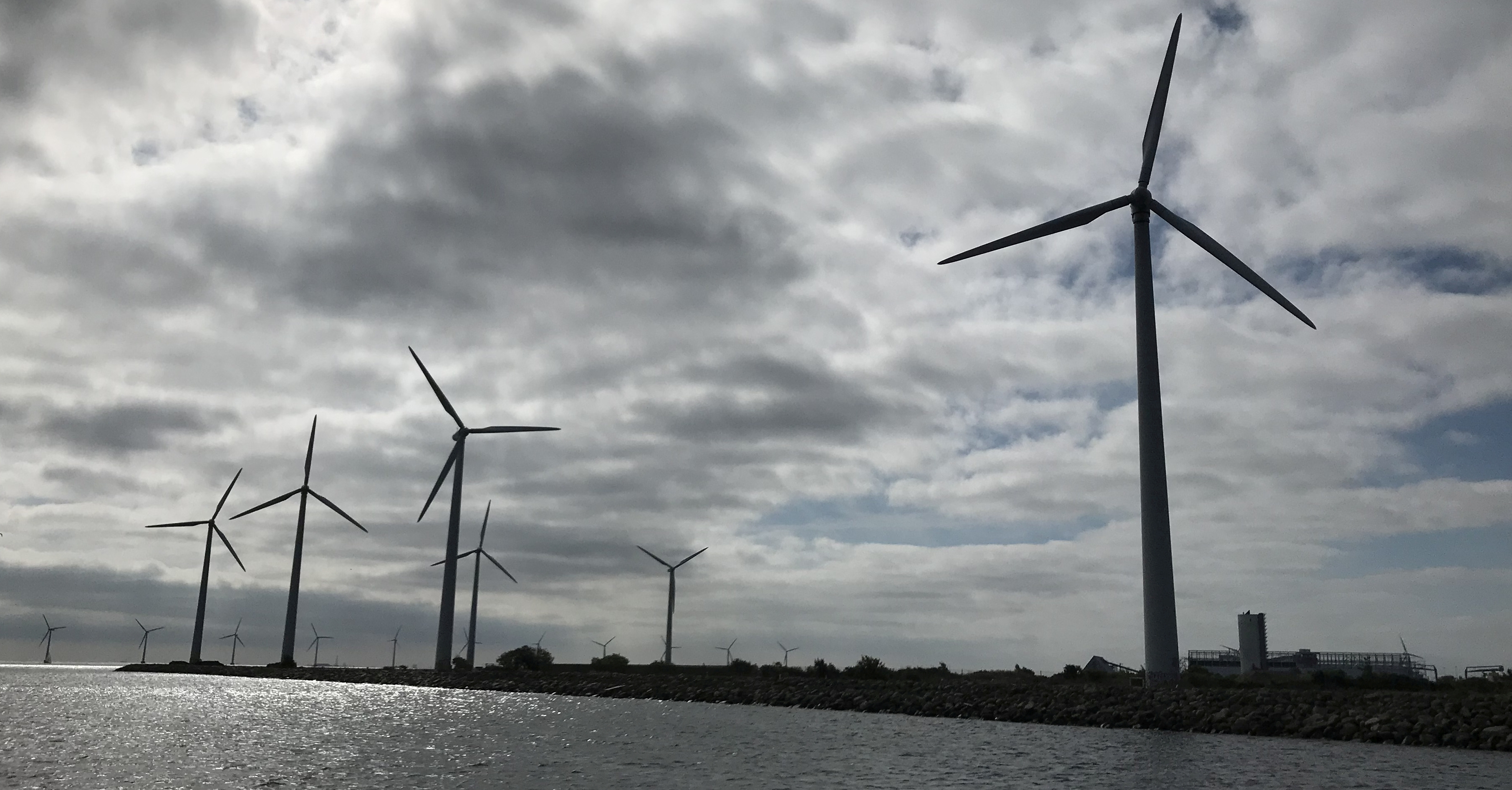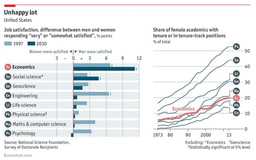How Scrapping a Few Tariffs Could Speed Up European Decarbonization
Published in Sustainability

“There is always a well-known solution to every human problem—neat, plausible, and wrong.” This well-known quote by the great H.L. Mencken (1880-1956) chides the human desire for simple solutions to complex problems. Rare is the policy advice that comes at little cost or does not generate all sorts of unwanted consequences; these are the details that the devil is in. But sometimes the stars align, and from the countless hours of research there emerges a policy advice that is indeed simple, tenable, and accurate.
In our article "Tariff reduction on renewables inputs for European decarbonization" published in Nature Sustainability, (1): 436-440, we demonstrate robust evidence that the scrapping of import tariffs on some intermediate inputs of renewable energy production could help offset the fossil fuel consumption which is driven by growth in economic activity. Even if the political process would only permit lifting of the tariff on a single product -- cylindrical roller bearings, used to manufacture wind turbines -- that would likely cancel out the increased demand for fossil fuels, which could be expected from a 1-4% of European GDP growth (46,000–236,000 tons of oil equivalent per member state). On the upper boundary that is comparable to the annual amount of energy consumed by a country like Estonia.

As the U.S. announced that it is leaving the Paris Agreement, pundits justified the American backtrack by claiming that this would allow the economy to grow unimpeded. At the heart of the issue is the environmental/economic growth tradeoff. Carbon dioxide levels are rising, slowly but steadily warming the planet; fossil fuels, a major engine of growth since the industrial revolution, are at the heart of the problem. We need to move away from business as usual to more sustainable means of production. Yet the seemingly mutually exclusive goals of prosperity, poverty eradication and climate change mitigation constrain possible solutions. There are no easy courses of action, especially given how growth and energy are interrelated. It is not as if we do not know how to reduce the CO2 emissions (a universal cap might do the trick); but vested interests present a formidable obstacle. Currently there is no feasible universal solution for climate change mitigation. Yet we experience an acute need for an action. Each step towards greener energy counts. In that context, we believe our humble suggestion might help. Our analysis points to a possible avenue for Europe to nevertheless meet its Paris Agreement objectives in a politically viable manner. A highly targeted unilateral tariff reduction could still be feasible for European authorities based on the limited number of products we have identified as bringing the most potential benefit in the offset of fossil fuel emissions. Furthermore, import tariffs on those these inputs are already low (ranging from 4-8%), which should bring little effect to local producers of the same products. A more liberal yet responsible trade with a push for renewable energy are components of the European Commission’s recent Trade for All mission statement. Eliminating tariffs on these products could permit straightforward economic gains in line with the EC’s mandate to legislate trade matters. There are few opportunities so readily accessible as this – where the economic growth/environmental tradeoff does not constrain the possible political actions for sustainable development. Rarely does economic advice appear in this form, where benefits are clear and costs are small.
The paper in Nature Sustainability is here: go.nature.com/2MZYyuM
Follow the Topic
What are SDG Topics?
An introduction to Sustainable Development Goals (SDGs) Topics and their role in highlighting sustainable development research.
Continue reading announcement


Please sign in or register for FREE
If you are a registered user on Research Communities by Springer Nature, please sign in